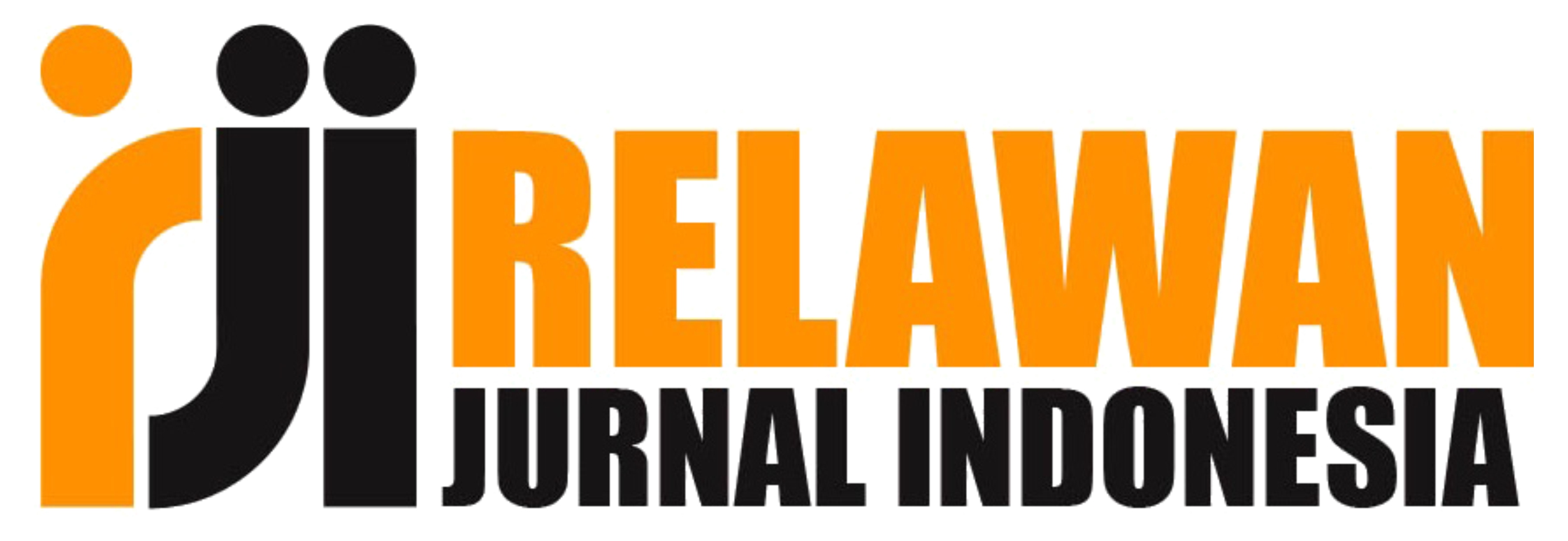Pelatihan Penulisan Soal Literasi dan Numerasi bagi Guru
DOI:
https://doi.org/10.61476/a1f1xe96Keywords:
literacy numeracy problems, teachers’training, students’ competenciesAbstract
The purpose of this community service activity was to provide training for teachers on designing AKM problems. The activities were conducted at MTsN 1 Sleman and involving teachers as participants. Those were held from October to November 2024 in three meetings. Through this community service activity, the team made serious efforts for teachers to understand AKM better and experience in devising literacy problems which were relevant to their own subjects. The training activities on designing literacy numeracy problems for teachers provide sufficient understanding and skills about the importance of numeracy integration in learning. Based on the discussion held and the presentation of problems designed, teachers’ competence in designing literacy numeracy that are contextual and relevant to the subjects being taught is growing. Teachers now have profound understanding how to connect numeracy concepts with learning material to create meaningful problems. Well-designed literacy numeracy problems not only test numeracy skills, but also train students in analyzing, evaluating and solving problems.
References
Ain, S.Q., Mustika, D. and Wulandari, A. (2023) ‘Permasalahan Pembelajaran Literasi Numerasi dan Karakter untuk Siswa Sekolah Dasar’, Aulad: Journal on Early Childhood, 6(2), pp. 152–158. doi:10.31004/aulad.v6i2.452.
Askew, M. (2015) ‘Numeracy for the 21st century: a commentary’, ZDM - International Journal on Mathematics Education, 47(4), pp. 707–712. doi:10.1007/s11858-015-0709-0.
Bansilal, S. et al. (2012) ‘Tracing the impact: A case of a professional development programme in Mathematical Literacy’, Africa Education Review, 9(sup1), pp. S106–S120. doi:10.1080/18146627.2012.755281.
Bansilal, S. (2016) ‘Exploring the notion of Mathematical Literacy teacher knowledge’, South African Journal of Higher Education, 28(4), pp. 1156–1172. doi:10.20853/28-4-388.
Bansilal, S., Mkhwanazi, T. and Mahlabela, P. (2012) ‘Mathematical literacy teachers’ engagement with contextual tasks based on personal finance’, Perspectives in Education, 30(3), pp. 98–109.
Bennison, A. (2016) ‘A sociocultural approach to understanding identity as an embedder-of-numeracy: A case of numeracy and history’, European Educational Research Journal, 15(4), pp. 491–502. doi:10.1177/1474904116643327.
Bolstad, O.H. (2020) ‘Secondary teachers’ operationalisation of mathematical literacy’, European Journal of Science and Mathematics Education, 8(3), pp. 115–135. doi:10.30935/scimath/9551.
NCTM (2000) Principles and Standards for School Mathematics. Reston: The National Council of Teachers of Mathematics, Inc.
Ngurah Suragangga, I.M. (2017) ‘Mendidik Lewat Literasi Untuk Pendidikan Berkualitas’, Jurnal Penjaminan Mutu, 3(2), p. 154. doi:10.25078/jpm.v3i2.195.
OECD (2019) PISA 2018 Results (Volume II): Where All Students Can Succeed, PISA. Paris: OECD Publishing. Available at: https://www.oecd-ilibrary.org/education/pisa-2018-results-volume-ii_b5fd1b8f-en.
Pusat Asesmen dan Pembelajaran Kemendikbud (2020) ‘AKM dan Implikasinya pada Pembelajaran’, Pusat Asesmen dan Pembelajaran Badan Penelitian dan Pengembangan dan Perbukuan Kementerian Pendidikan Dan KebudayaanPembelajaran Badan Penelitian Dan Pengembangan Dan Perbukuan Kementerian Pendidikan Dan Kebudayaan, pp. 1–37.
UNESCO (2006) EFA Global Monitoring Report, Education for All, Literacy for Life. doi:10.1007/978-94-007-0753-5_101111.
Wandasari, Y. (2017) ‘Implementasi Gerakan Literasi Sekolah (Gls) Sebagai Pembentuk Pendidikan Berkarakter’, JMKSP (Jurnal Manajemen, Kepemimpinan, dan Supervisi Pendidikan), 1(1), pp. 325–343. doi:10.31851/jmksp.v2i2.1480.
Wijaya, A. and Dewayani, S. (2021) ‘Framework Asesmen Kompetensi Minimum (AKM)’, Badan Penelitian dan Pengembangan dan Perbukuan Kementerian Pendidikan dan Kebudayaan, pp. 1–108.
Zain Sarnoto, A. (2023) ‘Pelatihan Literasi Numerasi Kelas Awal di Jakarta Selatan’, SABAJAYA Jurnal Pengabdian Kepada Masyarakat, 1(3), pp. 7–13. doi:10.59561/sabajaya.v1i3.34.
Zollman, A. (2012) ‘Learning for STEM Literacy: STEM Literacy for Learning’, School Science and Mathematics, 112(1), pp. 12–19. doi:10.1111/j.1949-8594.2012.00101.x.
Published
Issue
Section
License
Copyright (c) 2025 Ilham Rizkianto, Yenny Anggreini Sarumaha, Aji Permana Putra (Author)

This work is licensed under a Creative Commons Attribution-ShareAlike 4.0 International License.












